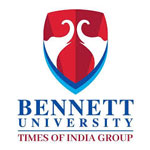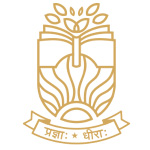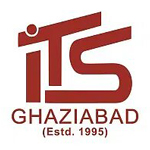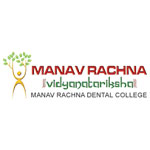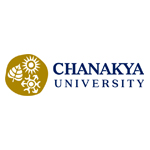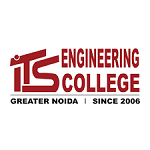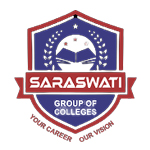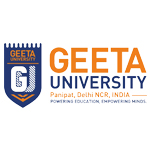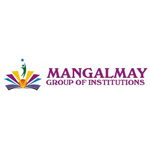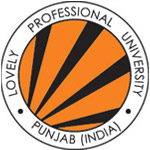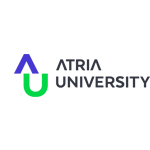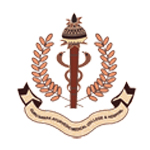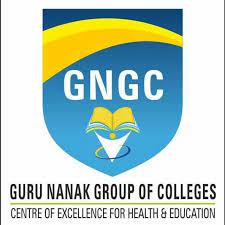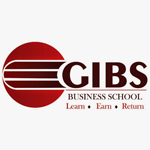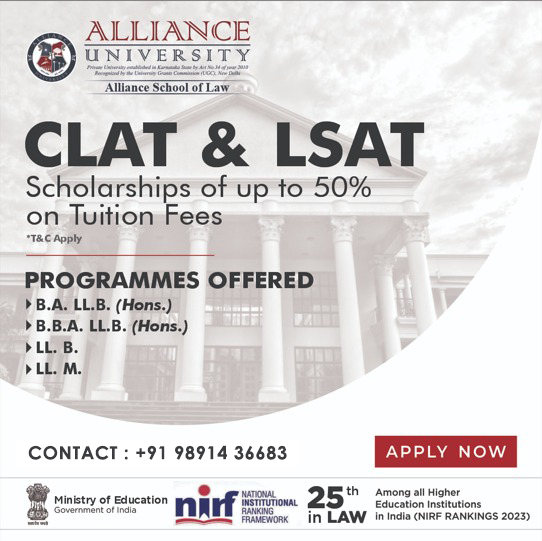CCE pattern: The batch that has never failed
ON MARCH 31, government schools in the city will declare their results while many private schools have already held parent-teacher meetings before the new session begins in the first week of April. Parents are busy buying new course books and notebooks for their wards; they have paid the fee and another year full of classes and co-curricular activities awaits students in all its gruelling glory.
However, of all the batches this year, there is one to look out for. Like every year, students of Class 8 will move to Class 9 without any hiccups under the Right of Children for Free and Compulsory Education Act, 2009, or Right to Education Act (RTE) that states “no child shall be held back, expelled or required to pass a board examination until the completion of elementary education”.
But this year, Class 9 will receive the batch that has completed elementary education from Class 1 to 8 under the RTE Act that completes eight years this year, having come into effect in 2010. For government school students, it will be a whole new world. Their education will no longer be free, textbooks and uniform will have to be provided for and recess will not have midday meals.
The RTE Act requires government schools to provide students of up to Class 8 textbooks free of cost, send money to their bank accounts for uniform and notebooks, and provide them free lunch under the midday meal scheme.
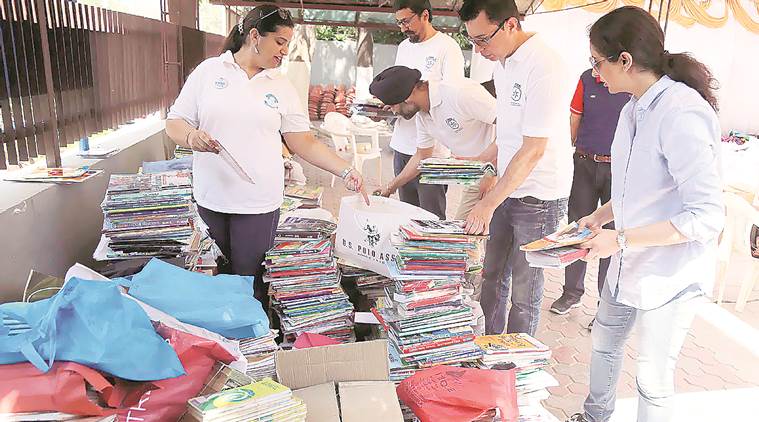 People purchase books for the new session at a shop in Sector 19, Chandigarh, on Saturday. (Express Photo: Sahil Walia)
People purchase books for the new session at a shop in Sector 19, Chandigarh, on Saturday. (Express Photo: Sahil Walia)
However, whether they are from government or private schools, students’ performance in the next one year will be closely scrutinised, increasing the pressure to perform and the fear of failure looming large. This is the first-of-its-kind batch that can be used to evaluate the functioning of the Act and deliberate on its successes and failures, to see whether it has achieved one of its main goals: to provide quality elementary education.
Currently, the Sarva Shiksha Abhiyan (SSA) is implemented as a Centrally sponsored scheme in partnership with states/UTs to ensure elementary education across the country. In Chandigarh, the scheme is fully funded by the Central government.
All the provisions under the SSA need to be aligned with the legally mandated norms and standards and free entitlements mandated by the RTE Act. Tarunpreet Kaur Kamboj is a bright Class 8 student from Government Model Senior Secondary School (GMSSS), Sector 37-B. For her, the transition will not make too much of a difference.
“If we have put in two extra hours of study, it should not be too difficult. However, I feel the curriculum will increase. For example, science will not just be one book; we’ll have three separate books for physics, chemistry and biology,” she says. She adds that it depends on how the teachers prepare them too. “For really weak students, they always have special classes. Also, the examination pattern has already been changed this year. Earlier, we got grades. This year even Class 8 students got marks. So, I’m not feeling too much pressure,” she says.
On account of Class 10 board examination being reintroduced from the previous session, the Continuous and Comprehensive Evaluation (CCE) system was scrapped in Classes 6 to 9 too. The Central Board of Secondary Education issued guidelines saying a similar examination and marking pattern should be followed in all classes, so that students are well prepared in advance to appear for their board examination.
For Tarunpreet’s father, Swarn Singh Kamboj, the transition will change many things, but educating his child is above everything else. Kamboj, also the president of UT Cadre Education Employees Union, is a tabla instructor at two government model schools. His elder daughter is studying final-year chartered accountancy. His wife is a homemaker and he is the only earning member.
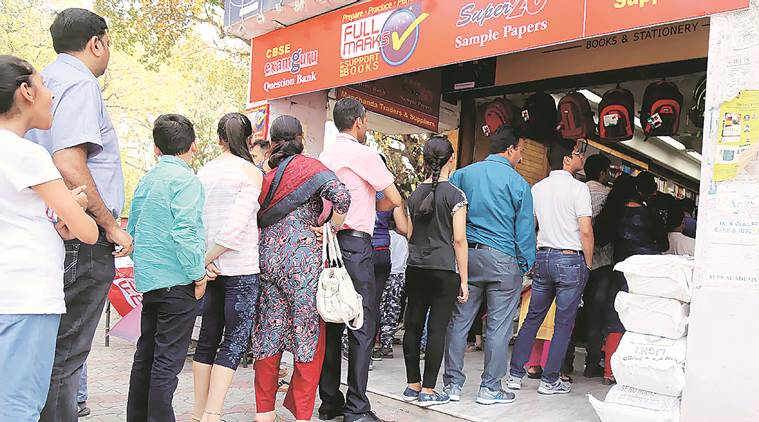 A long queue outside a book shop in Sector 19, Chandigarh, on Saturday.( Express Photo by Sahil Walia)
A long queue outside a book shop in Sector 19, Chandigarh, on Saturday.( Express Photo by Sahil Walia)
“Not only students, the pressure on parents will definitely increase. As long as the students are under no-detention policy, parents tend to get a little relaxed. They don’t pay as much attention at home, but now they will have to focus more on the child’s studies,” he says.
It will not be easy for parents of students studying in government schools as many of them are not equipped enough to guide their kids at home, he adds. According to Kamboj, it will also be a matter of financial pressure for economically weaker section (EWS) students. Although the fee of government schools does not exceed Rs 500, additional expenditure on books, notebooks, uniform and other items will also have to be considered.
“Earlier, parents were getting money for uniform and notebooks. Schools were providing free textbooks. But now, they’ll have to spend money on these items. The government should consider free education in government schools up to Class 12. There are so many drop-outs at this stage, especially girls, who seem to be the first casualty,” he says.
Worrying trends in learning outcomes
The National Achievement Survey (NAS) is one way to evaluate students’ learning. The survey is aimed at testing conceptual and analytical abilities of students in language, environmental science/science, mathematics and social studies. The test is conducted periodically for Classes 3, 5, 8 and 10. The National Council for Educational Research and Training (NCERT) has been conducting the survey since 2012 across the country to monitor children’s learning.
This time, Chandigarh has topped among all Union Territories for Classes 3, 5 and 8. While the state-wise results and national comparison are pending, the district report cards of all states and UTs have been released and are available on the MHRD website.
In Chandigarh, 8,696 students appeared for the survey in all government and government-aided schools on November 13, 2017. Around 30 lakh students across India appeared for the survey.
While the results of Class 8 were encouraging when compared to other UTs, there will be more clarity on students’ learning once the national scores are out. Chandigarh students scored 61.10 in language, 46.07 in mathematics, 51.47 in science and 53.01 in social studies, followed by Dadra and Nagar Haveli and Delhi in all subjects.
However, there were some worrying trends in the report. In mathematics, only 12.5 per cent students could answer above 75 per cent questions correctly. Students found it difficult to solve problems related to conversion of percentage to fraction and decimal and vice versa, and could not solve problems related to daily life situations involving rational numbers.
In science too, only 18.8 per cent students correctly answered above 75 per cent questions. Students found it difficult to construct models using materials from surroundings and explain their working, explain processes and phenomenon, classify materials and organisms based on properties/characteristics.
According to Arvind Rana, president, SSA Teachers’ Welfare Association, 40 per cent students failed Class 9 last year. This was 50 per cent originally, but after schools gave grace marks to students, the percentage came down.
He, however, feels that the students are the losers in the end. “In the long run, kids will not be able to cope. Thanks to the no-detention policy, there is no filtration and real learning. All of a sudden, kids have to work harder than ever before,” he says.
Under CCE, schools were responsible for 80 per cent assessment while the remaining was with CBSE. Rana adds that this led to widespread manipulation of scores, leading to little or no scrutiny over the child’s performance. Now, last session onwards, CCE was removed and replaced by marking system instead of grades. He adds that tests such as NAS will hold no meaning till the time students get a free run at school.
“NAS is conducted under a controlled environment and teachers and students are trained to focus on these tests,” Rana says, adding that Class 9 will not recover till a strict evaluation is done for all classes. He says the government has now proposed to remove the no-detention policy in Class 5 or 8 or in both classes. If this is approved, then there will be proper filtration that should be the main aim.
For many private school students, the easy way out is to take tuitions in all subjects. If there is some extra guidance, it will be easier to make a transition, they say. Dhruv Sharma, a Class 8 student of St Kabir Public School, Sector 26, says, “There’s not much pressure on me. I take tuitions for all subjects and I will continue to do that. Our teachers are helpful and we have a lot of extracurricular activities, so the focus is not completely on studies.”
However, another private school student, Nishtha Abrol, feels that Class 9 syllabus is too much. “With a change in the examination pattern, things will be tougher. I too take tuitions for all subjects, but that will not be enough. This time too, the change in pattern affected our results.”
Her father, Pradeep Abrol, is an assistant manager at a real estate agency. He says, “More than anything else, CBSE has suddenly changed the pattern. If the kids were still under CCE, the transition would be smoother for them.”
He adds that parents have felt pressure right from the beginning even with the no-detention policy. Now students will feel more psychological pressure as they are walking into an unknown territory. However, experts feel that not much will change as the parameters of knowledge dissemination have not changed. Only the evaluation will become stricter and coursework will become tougher.
News Source (Indian Express)
Want help with admissions?
Leave us your details and we will contact youApplications for Admissions are open



